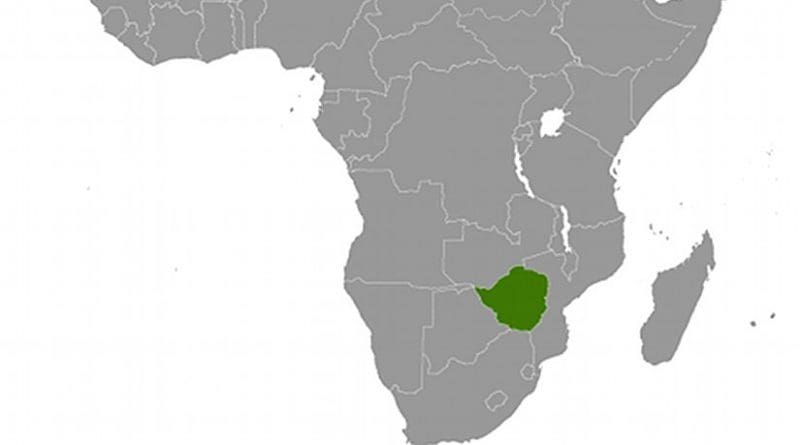‘Zombie Money’ Draws Scorn From Cash-Strapped Zimbabweans
By IDN
With exports down and scarce dollars hidden away under pillows, banks in Zimbabwe are running out of legal tender. At the same time, some ATMs have been shuttered, leaving minimum wage workers, normally paid in cash, with IOUs as employers struggle to withdraw notes.
“We’re importing more than we’re exporting and we can’t print money because we use mainly the U.S. dollar,” explained Sam Malaba, CEO of the Agricultural Bank of Zimbabwe.
In May 2016, in a bid to relieve the cash shortage, Reserve Bank of Zimbabwe governor John Mangudya announced the printing of “bond notes” – usable within the country but worthless outside – to begin circulating in October. However, the new currency is widely rejected as “monopoly money” by the population.
“It’s zombie money, made from nothing,” complained Fredmore Kupirwa, who sells sodas, canned food and corn meal from his shop in Mvurwi, north of the capital. “I pay my suppliers in dollars, but if my customers pay me in this stupid currency, how can I re-stock?”
This is the second blow to small traders who were hard hit by new import restrictions prohibiting the importation of goods normally bought for resale, including Cremora (coffee creamer), white petroleum jellies, canned fruits, yoghurts, shoe polish, second hand tyres and synthetic hair products.
Simiso Moyo who bought in bulk from South Africa for resale at her stall in Bulawayo, faces an uncertain future. She foresees a repeat of this month’s walk-out over late pay cheques to soldiers, police officers, doctors and teachers, when and if the bond notes arrive.
A major voice of the growing unrest is 39-year-old Baptist pastor Evan Mawariri who took to Twitter when he was unable to withdraw money from banks to pay his children’s school fees.
“The [government] has stolen our money,” he said without hesitation. “It is out of touch with the problems we have. It must begin to listen to the people and stamp out the corruption which has crippled out economy,” adding that “the international community cannot help us if we do not help ourselves.”
Mawarire’s Twitter feed – #ThisFlag – has drawn a large audience.
“Today is another day when citizens continue to shout and scream to their government: enough is enough,” he tweeted. Since #ThisFlag, other social media feeds have popped up including #Tajamuka – “We refuse” in Zimbabwe’s Shona language – which launched spontaneous demonstrations in June.
Popular discontent has been downplayed by government officials who blame Western embassies and opposition leaders for creating anarchy. But prospective protestors were warned that “all SIM cards in Zimbabwe are registered in the name of the user” and anyone making offensive or subversive statements on social media can be easily identified.

